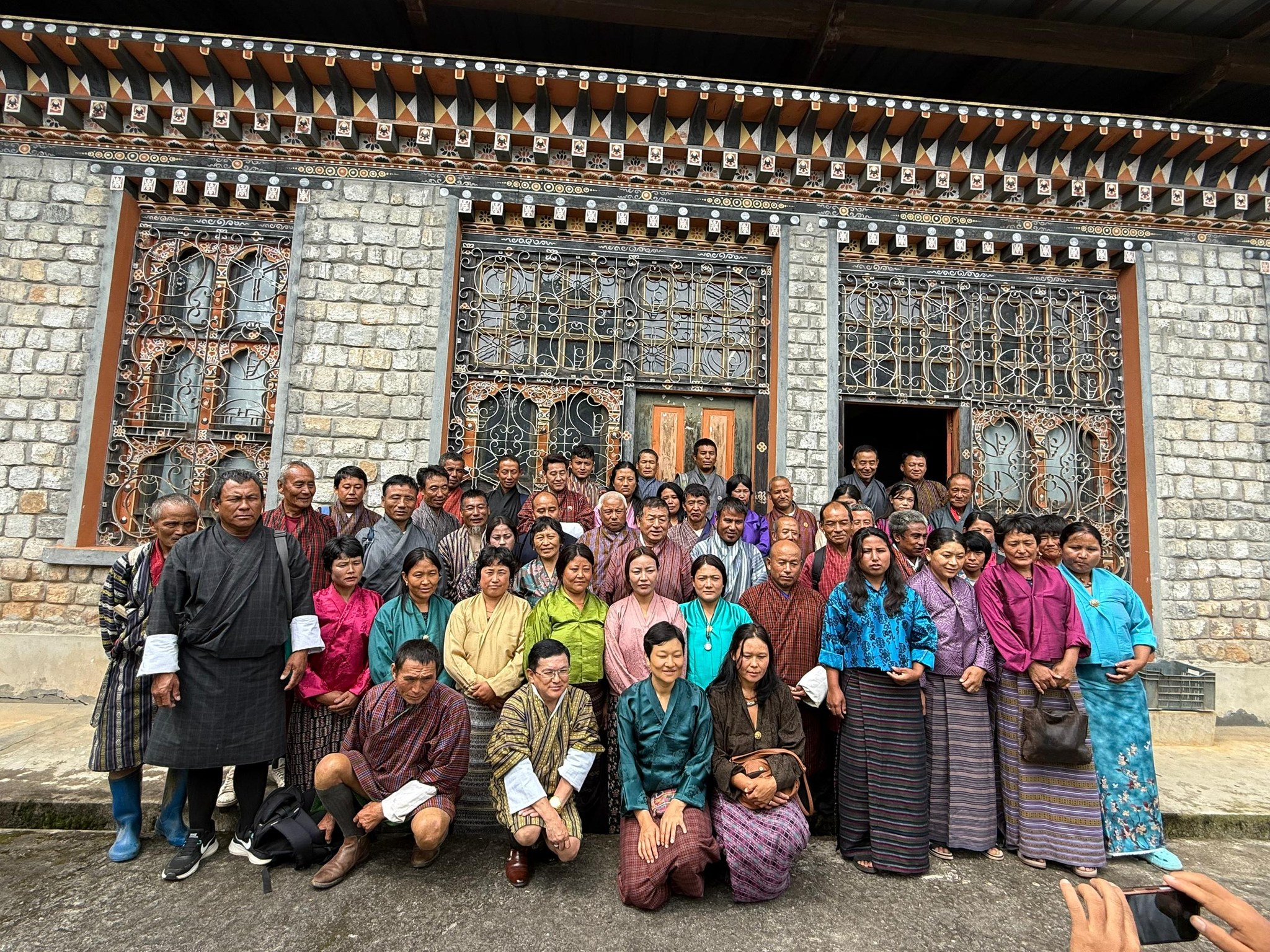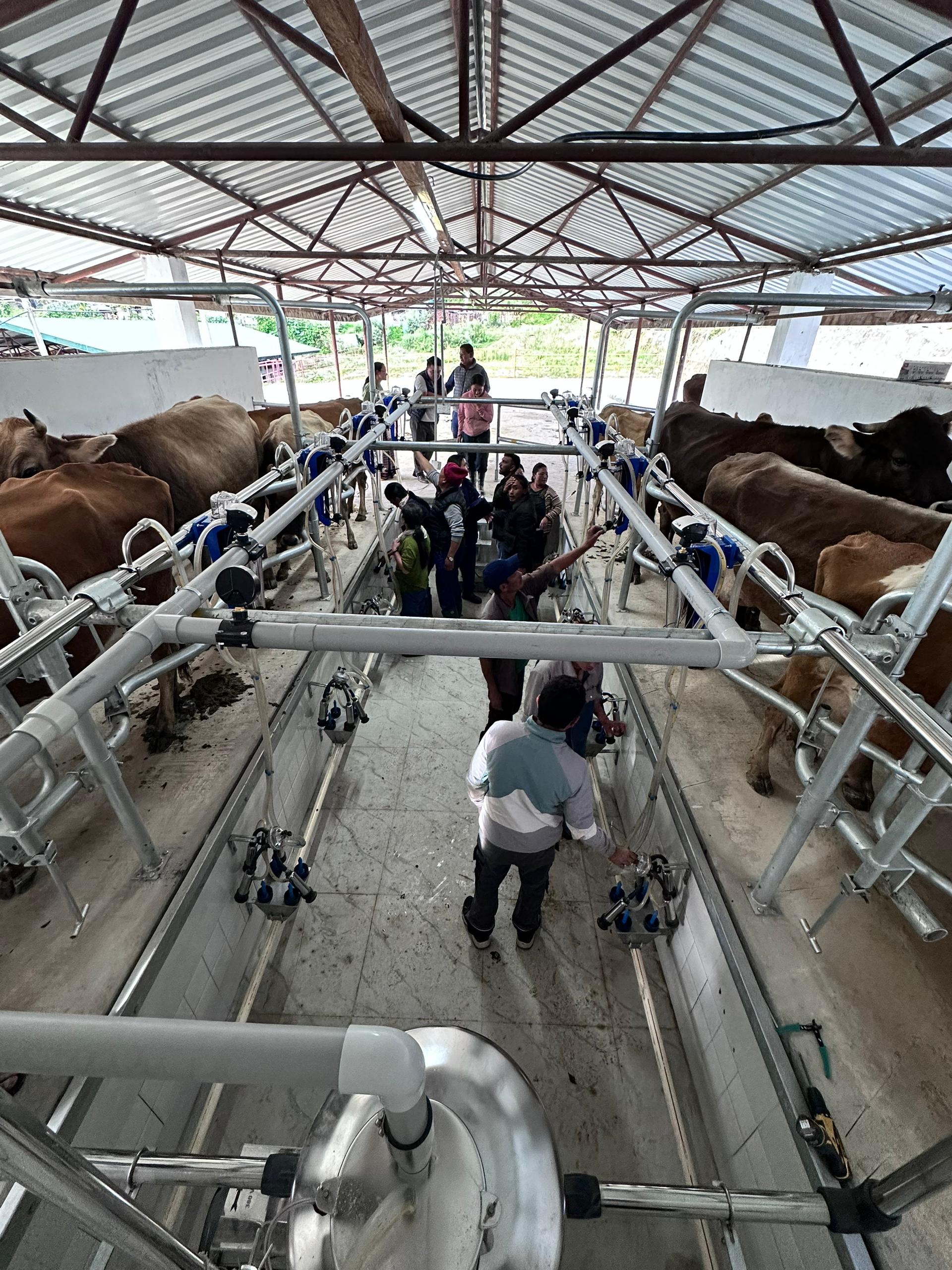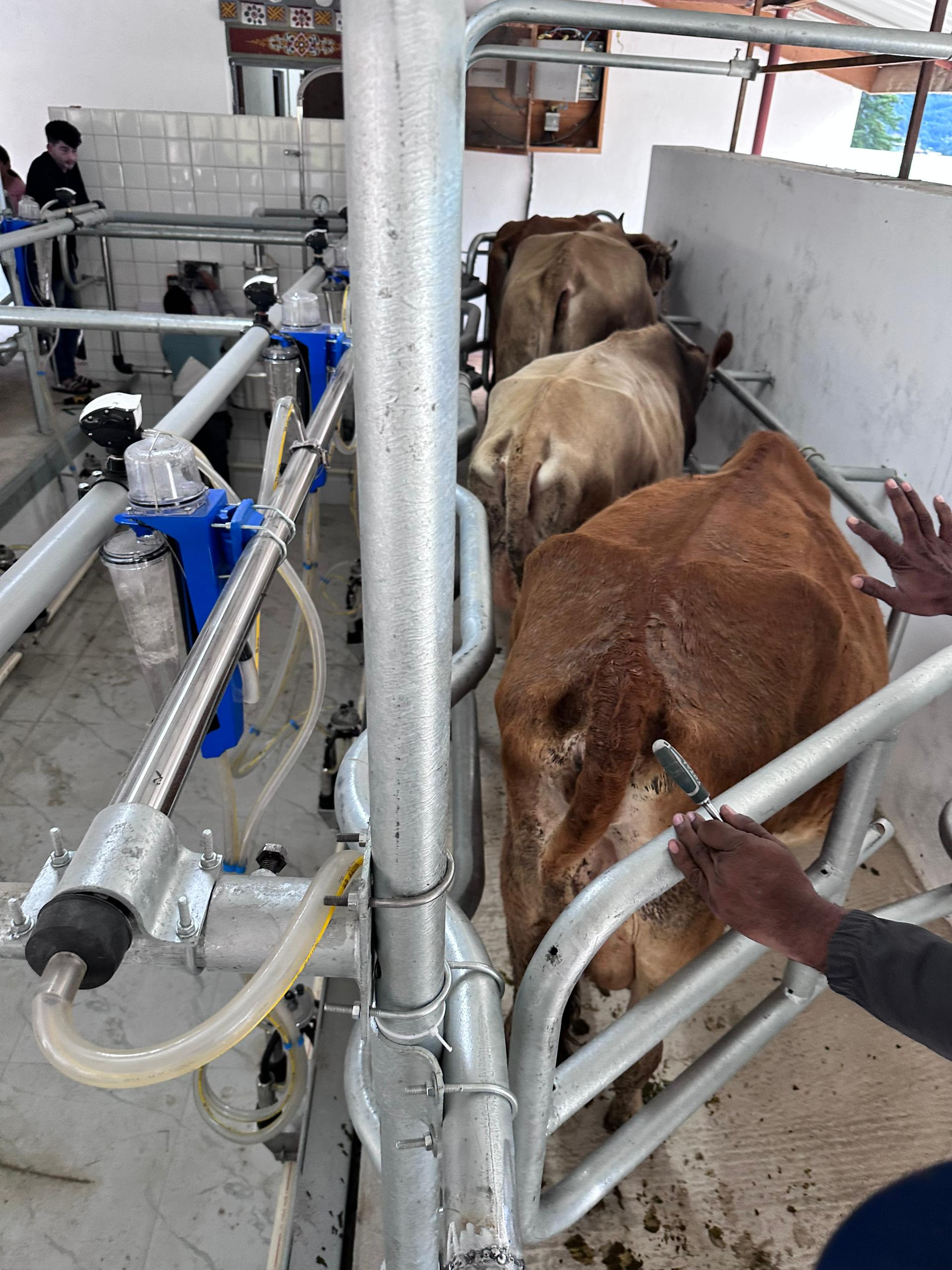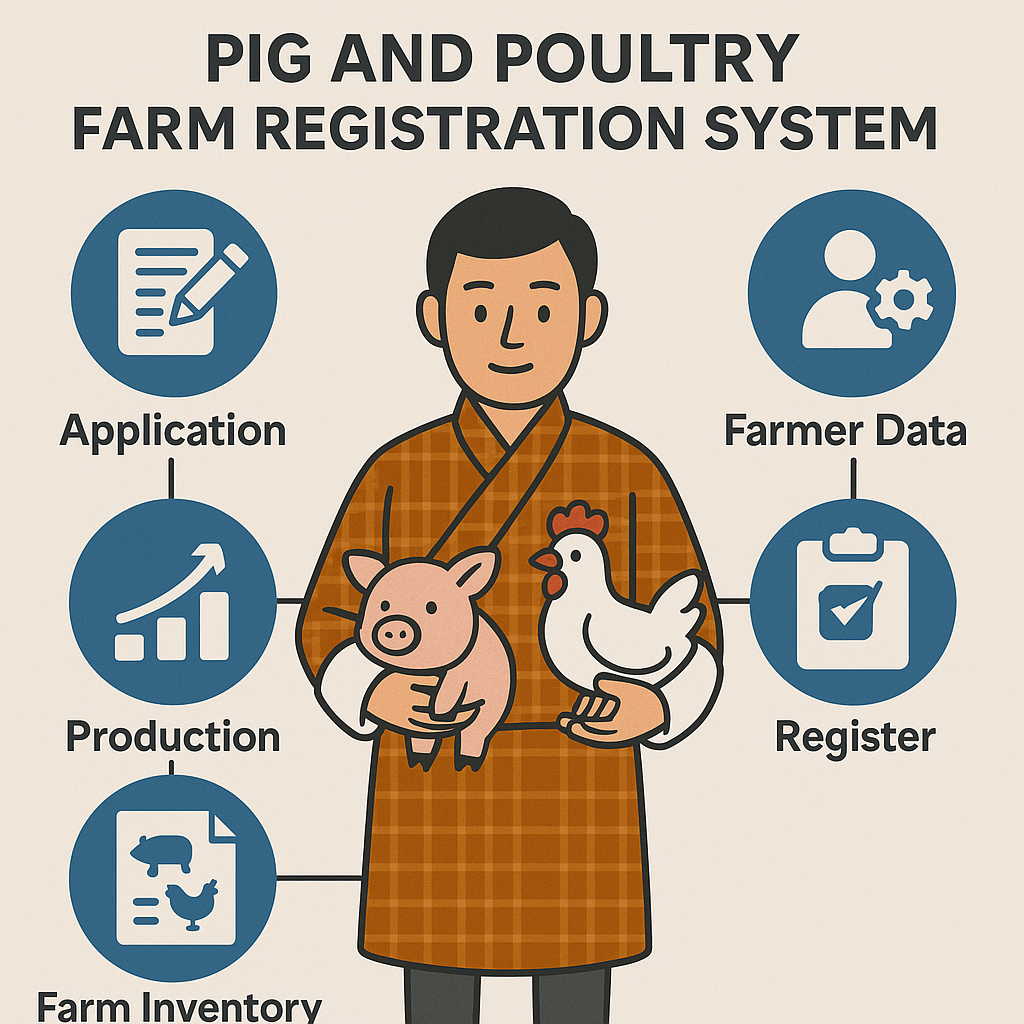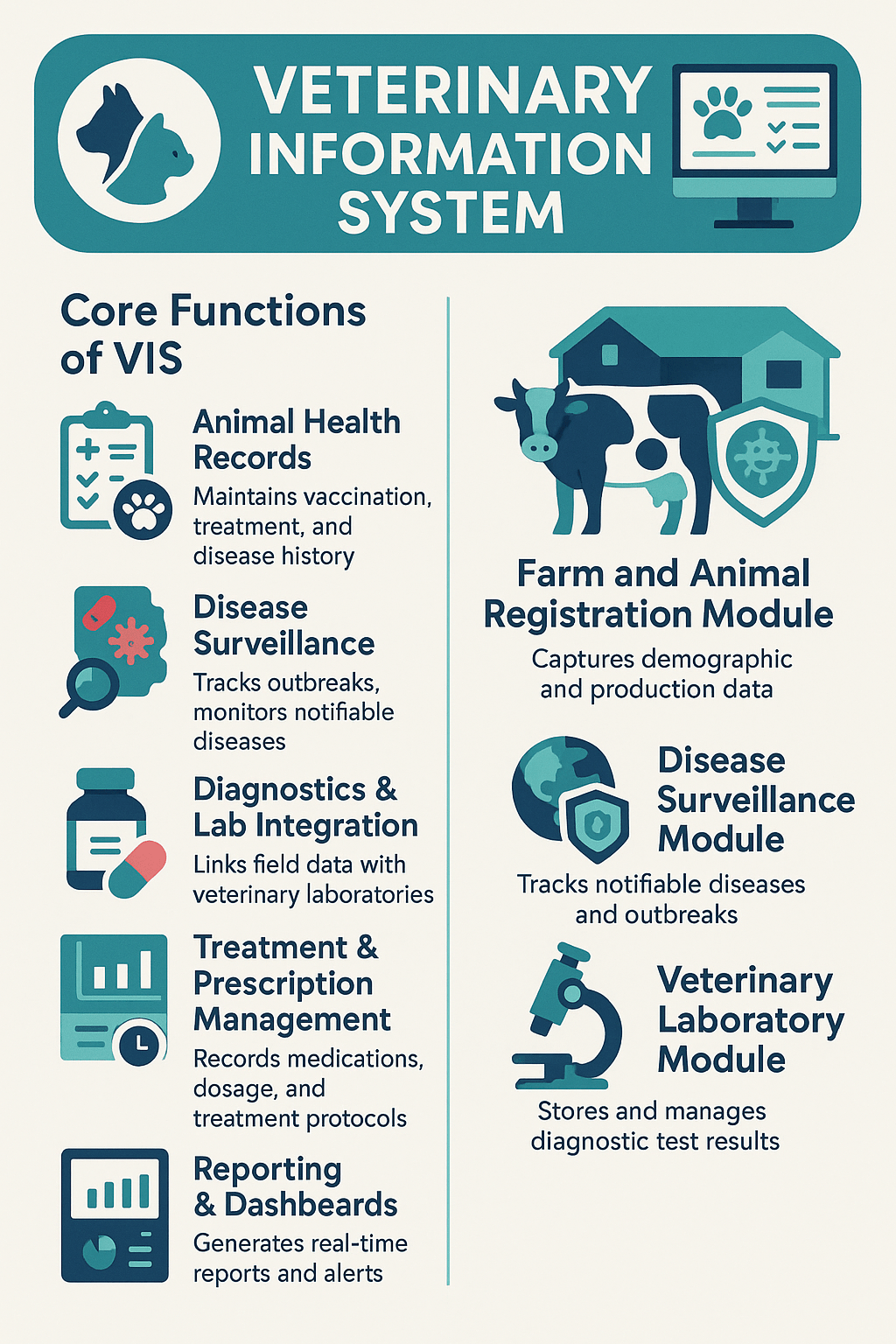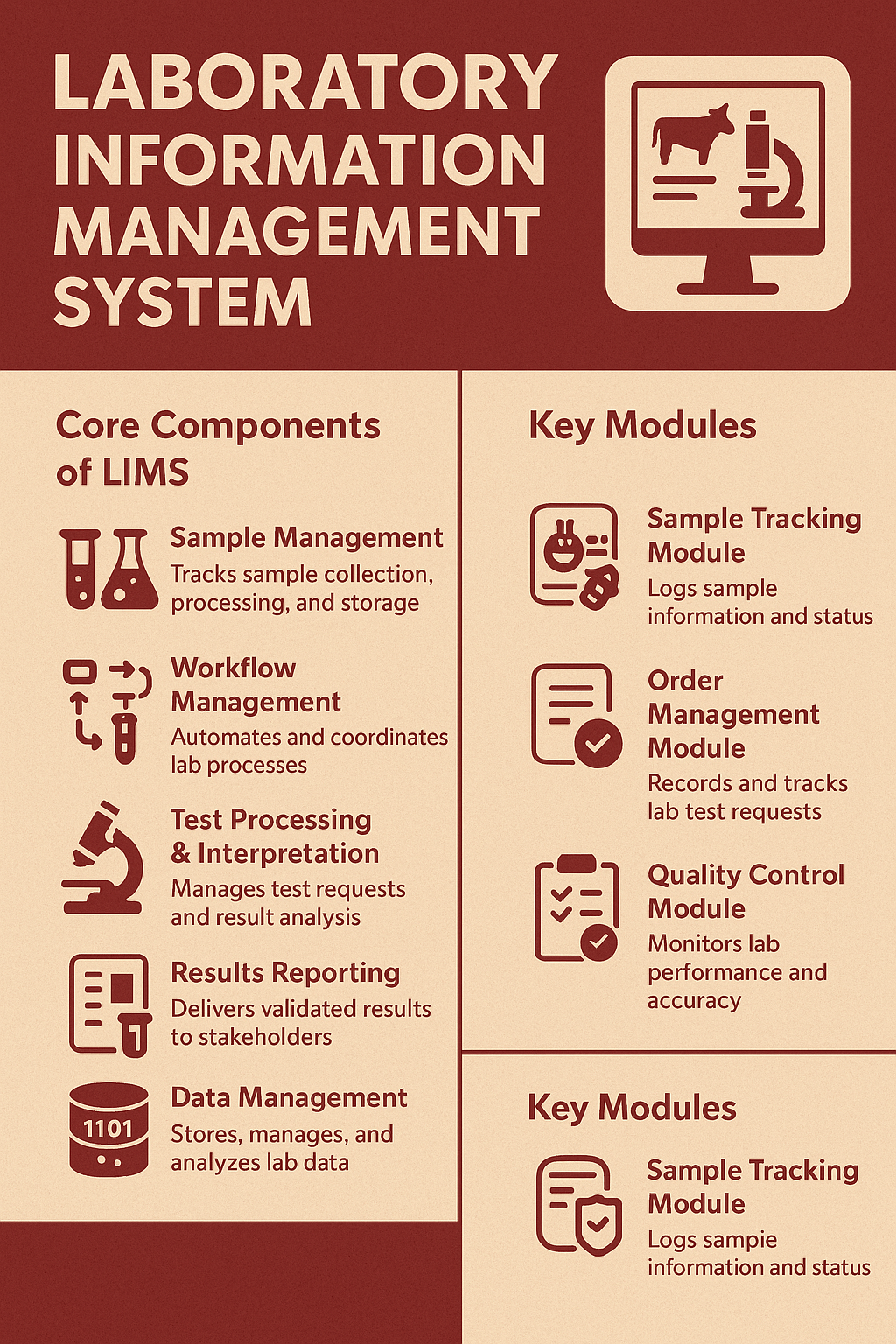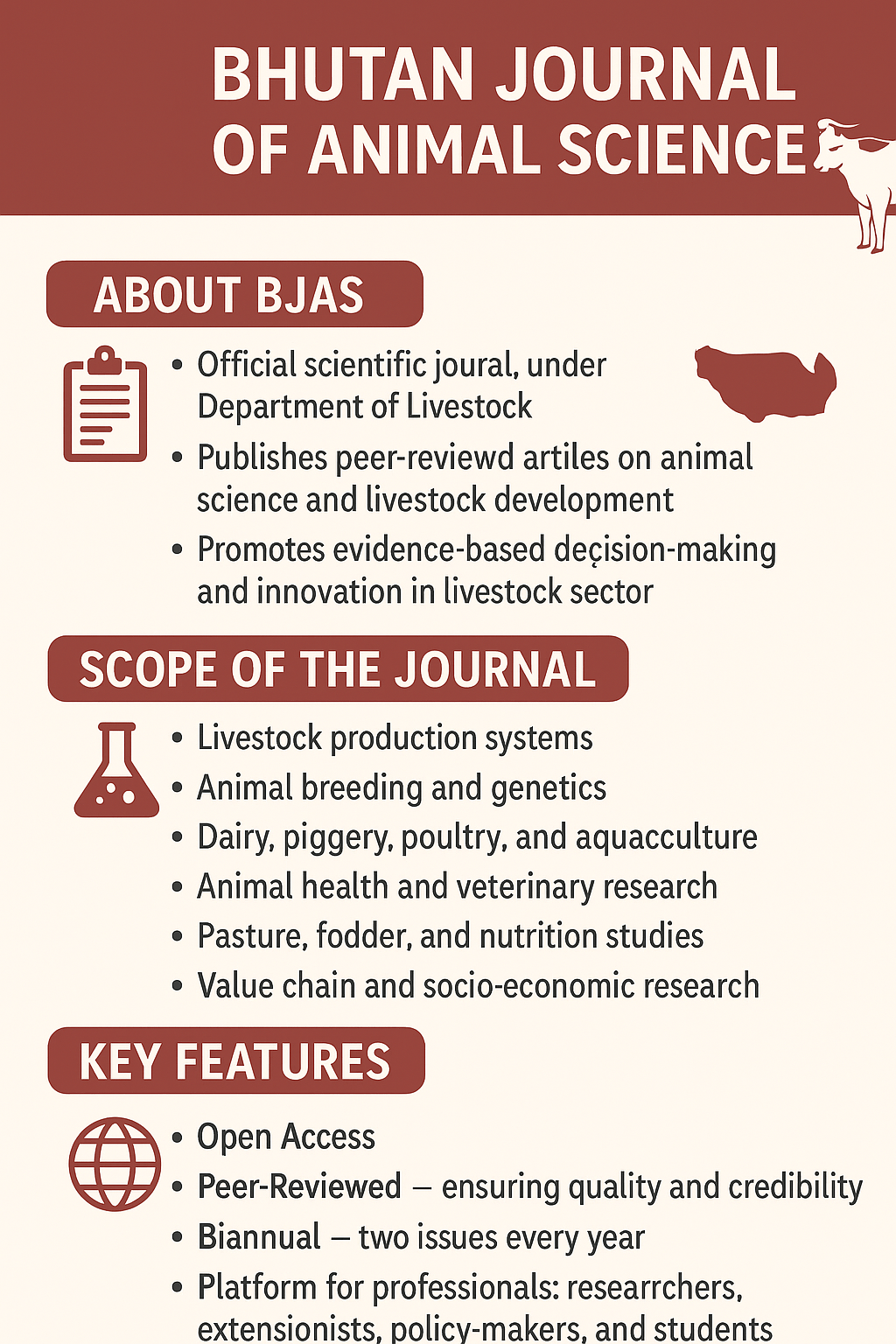The Department of Livestock with support from the EU-funded Technical Assistance for Agrifood Systems, and administered by FAO BT, recently trained more than one hundred farmers on the installation, operation and maintenance of biogas systems. The training was facilitated by resource persons from the National Dairy Development Centre under the Department of Livestock and was attended by farmers from Trongsa and Punakha Dzongkhags, along with identified Gewog Livestock Supervisors who also serve as biogas focal persons in these two Dzongkhags. The program was conducted in Trongsa.
Since the introduction of the biogas program in 2011, thousands of units have been installed across the country, with many households already benefiting from clean energy for cooking and heating. The Department will support a total of 5000 family sized biodigesters during the 13th Plan period, which will include both new installations and the renovation of existing units. Alongside household units, medium scale biodigesters have also been established in government and private livestock farms, helping to manage waste, reduce greenhouse gas emissions and supply renewable energy for farm operations.
The benefits of biogas are wide ranging. Farmers gain from access to clean energy, reduced reliance on firewood, improved waste management and nutrient rich organic fertilizer that enhances soil fertility. On a larger scale, biogas directly contributes to Bhutan’s national goals of renewable energy development and climate change mitigation.
In recent years, new models of biodigesters are also being introduced to the country. Prefabricated fiber reinforced digesters and SISTEMA.Bio digesters are being piloted in different Dzongkhags. The SISTEMA.Bio initiative, introduced in collaboration with the Bhutan Ecological Society, has shown encouraging results in improving efficiency and ease of use for farmers. These innovations are expected to further expand adoption and make biogas technology more accessible, reliable and farmer friendly.
The training program is therefore more than a technical exercise. It equips farmers with practical skills while also strengthening their role in building a cleaner, greener and more sustainable future for Bhutan.
![]()

